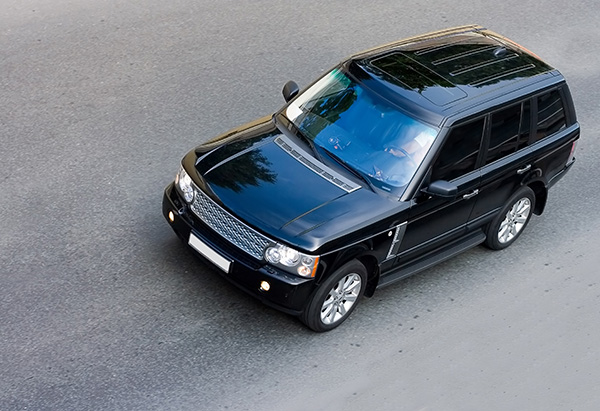
Have you ever found yourself drawn to the towering presence of an SUV on the road? SUVs, or Sport Utility Vehicles, have become a significant part of the American automotive landscape. They offer a blend of space, power, and versatility that appeals to many drivers. But is buying an SUV truly worth it? Let's look into the pros and cons to help you make an informed decision.
The Allure of SUVs
SUVs have captured the hearts of many due to their commanding presence and perceived versatility. SUVs are marketed as the ultimate all-in-one vehicle from family outings to rugged adventures. But before you decide to invest in one, it's important to weigh the benefits against the potential drawbacks.
Pros of Owning an SUV
1. Space and Comfort
One of the primary reasons people opt for an SUV is the ample space it offers. Whether you have a large family, frequently carpool, or simply enjoy having extra room for groceries and gear, an SUV provides generous seating and cargo space. The higher roofline and roomy interior can make long drives more comfortable, especially for taller passengers.
2. Versatility
SUVs are designed to handle a variety of terrains and conditions. Many models come with all-wheel drive (AWD) or four-wheel drive (4WD), making them suitable for off-road adventures or challenging weather conditions like snow and rain. This versatility is a significant advantage for those who live in areas with diverse climates or enjoy outdoor activities.
3. Safety
Generally, SUVs are perceived as safer than smaller cars due to their size and higher driving position. This elevated position provides better visibility, which can help in avoiding accidents. Many SUVs also come equipped with advanced safety features such as lane departure warnings, blind-spot monitoring, and collision avoidance systems, enhancing their safety profile.
4. Towing Capacity
If you need to tow a trailer, boat, or another vehicle, an SUV often has the power and capability to do so. This makes it an excellent choice for those who frequently engage in activities that require towing.
Cons of Owning an SUV
1. Fuel Economy
One of the significant drawbacks of SUVs is their fuel consumption. Compared to smaller cars, SUVs tend to have lower fuel efficiency due to their size and weight. This can lead to higher fuel costs over time, especially if you drive long distances regularly.
2. Cost
SUVs are generally more expensive to purchase than sedans or compact cars. This higher upfront cost can be a barrier for some buyers. Maintenance and repair costs can also be higher for SUVs due to their complex systems and larger components.
3. Handling and Maneuverability
While SUVs offer great visibility, their larger size can make them more challenging to maneuver, especially in tight spaces or urban environments. Parking can be particularly tricky, and the higher center of gravity increases the risk of rollover accidents.
4. Environmental Impact
SUVs typically produce more emissions than smaller, more fuel-efficient cars. If you're environmentally conscious, this could be a significant factor in your decision-making process. However, many manufacturers are now offering hybrid and electric SUV models to address this concern.
Making the Decision
Consider your specific needs and lifestyle when deciding whether to purchase an SUV. If you frequently drive in harsh weather, need ample space for passengers and cargo, or require towing capability, an SUV could be a great fit. However, if you prioritize fuel efficiency, ease of parking, and lower costs, a smaller vehicle might be more suitable.
Ensure your SUV is in top condition with professional maintenance at Autoworks Of Issaquah. Schedule your appointment today!